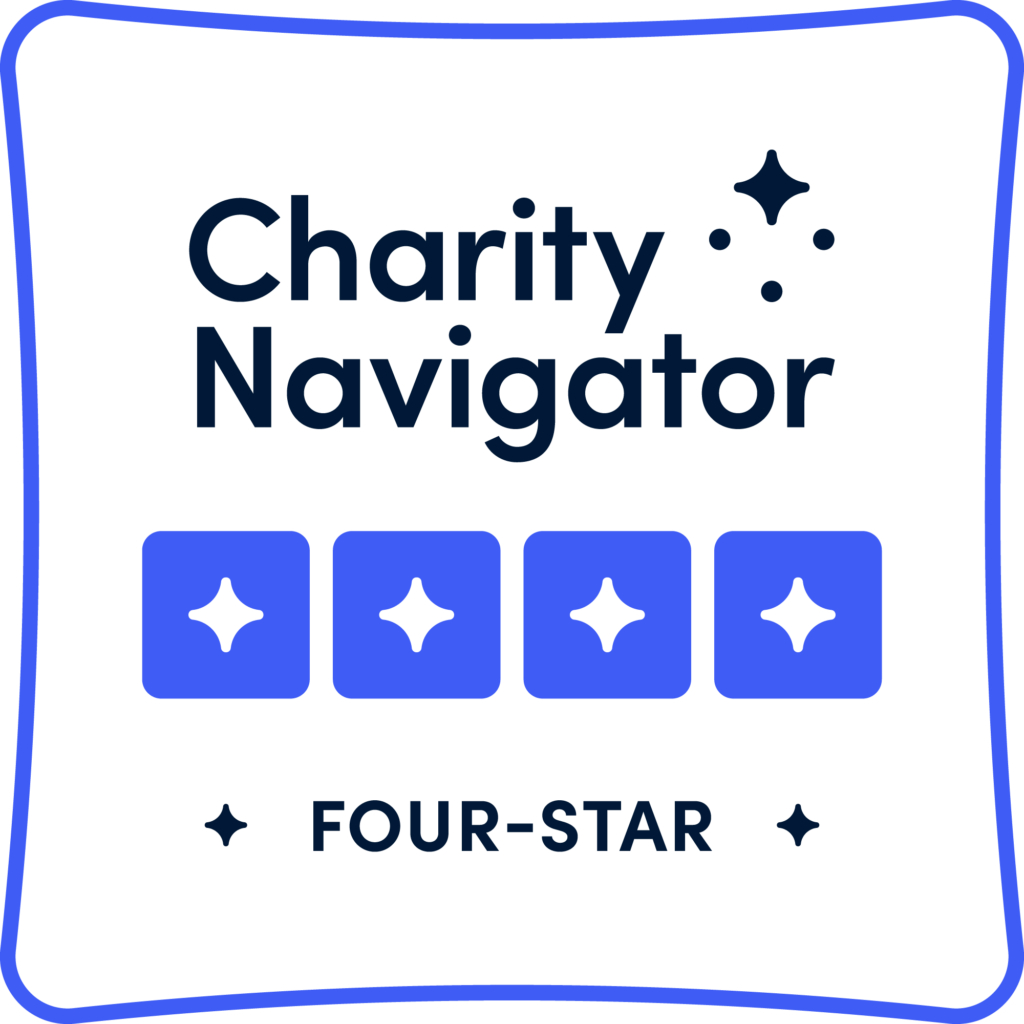Advance Directive
“If I am Not for Myself, Who Will Be For Me?”
Hillel the Sage, Ethics of our Fathers 1:14
This famous ancient teaching of Hillel the Elder is not just a pithy aphorism but a call to action to get our affairs in order in case of severe illness or death. In our day and age, it calls for us to contemplate our healthcare journey. Incredible medical innovation provides ways to save lives and extend the average life expectancy well beyond what was imaginable in the past. This is an incredible blessing of living in the 21st century.
Yet no one knows what fate awaits them. Some people live healthy until a ripe old age and pass away after a short illness or quietly in their sleep. In those scenarios, the few decisions that need to be made are relatively straightforward. For many others, the process can be more extended and complex, with hospitalizations and ups and downs in one’s physical and mental condition. It can also include drastic sudden changes.
Modern medicine sometimes offers wonderful solutions. Other times, it may present treatments that can extend one’s life without providing a cure, which is valuable to some and not to others. In these scenarios, many decisions will need to be made by you or your family regarding healthcare and living conditions. You’ll need to decide how you want to live under trying circumstances. At times, important decisions will need to be made on your behalf by your loved ones.
Ematai’s Netivot, an Advance Healthcare Directive and Conversation Guide, addresses these challenges by providing two critical documents that will help protect you and your family:
1. Advance Healthcare Directive:
This is a formal legal document. In this document, you declare:
- Proxy: This person serves as your agent in case you are unable or unwilling to make healthcare decisions for yourself.
- Jewish law and custom: The document also declares to your medical team and hospital that you’d like your healthcare decisions to be guided by Jewish law and custom.
- Rabbinic consultant: The document further allows you to designate, if so desired, the rabbi or institution which you feel can best advise your proxy in determining the requirements of Jewish law and custom.
- Organ Donation for Transplantation: You instruct your medical team how your body should be handled, including an opportunity to donate for transplantation.
Everyone over the age of 18 should complete this simple form.
2. Conversation Guide
Providing the proper care for a patient often requires that the proxy, their rabbi, family, and medical team know what matters most to the patient. This form serves as a general guide to articulate some of your core healthcare values and preferences. This isn’t a formal legal document that needs to be signed and witnessed. Instead, it’s an opportunity to express what you believe is necessary to maintain a dignified life and what you think you are willing to endure. It’s impossible to predict all circumstances or how you would want to be treated in each one, especially since your preferences may also change. But this form will help your proxy and family to be aware of as many of your goals and preferences as possible to try to accurately apply them to each unique situation.
Together, these two forms:
- Give guidance to your doctors and health care surrogates.
- Provide clarity and closure to your loved ones.
- Preserve harmony and prevent conflict or disagreements among family members.
- Eases the emotional burden on your closest people at the time of your death.
Netivot is straightforward and easy to understand. It is beautifully designed to allow you to clearly record your preference with short answers and fill-in boxes. Visit the Netivot Gateway where you can watch an explanatory video and learn more about these documents. You can complete Netivot online as a digital document, or download it to complete as a fillable PDF or by hand.
Netivot was carefully composed by Rabbi Dr. Jason Weiner of Cedars-Sinai Medical Center and Rabbi Dr. Shlomo Brody of Ematai in close consultation with many healthcare professionals, social workers, rabbis, and lawyers. We welcome your feedback as well as any questions you might have in completing the form.
The best time to complete your advance directive is today.
For as Hillel exclaimed: Ematai! “If not now – when!”
Where Should I Keep These Documents?
After the proxy and advanced healthcare directive is properly signed and witnessed, and the conversation primer is completed, you should store it in a safe but accessible place. Copies should be distributed to your physician and healthcare institution, proxy, family member, and/or rabbi.
Ideally, you want to make sure these documents are available at all times and anywhere around the world. The best way to do this is to store them in a digital vault that can be easily accessed 24/7 by your family or a healthcare provider.
Ematai provides this service for our members in partnership with the US Advance Care Plan Registry (USACPR). For more information about this service, click here.




